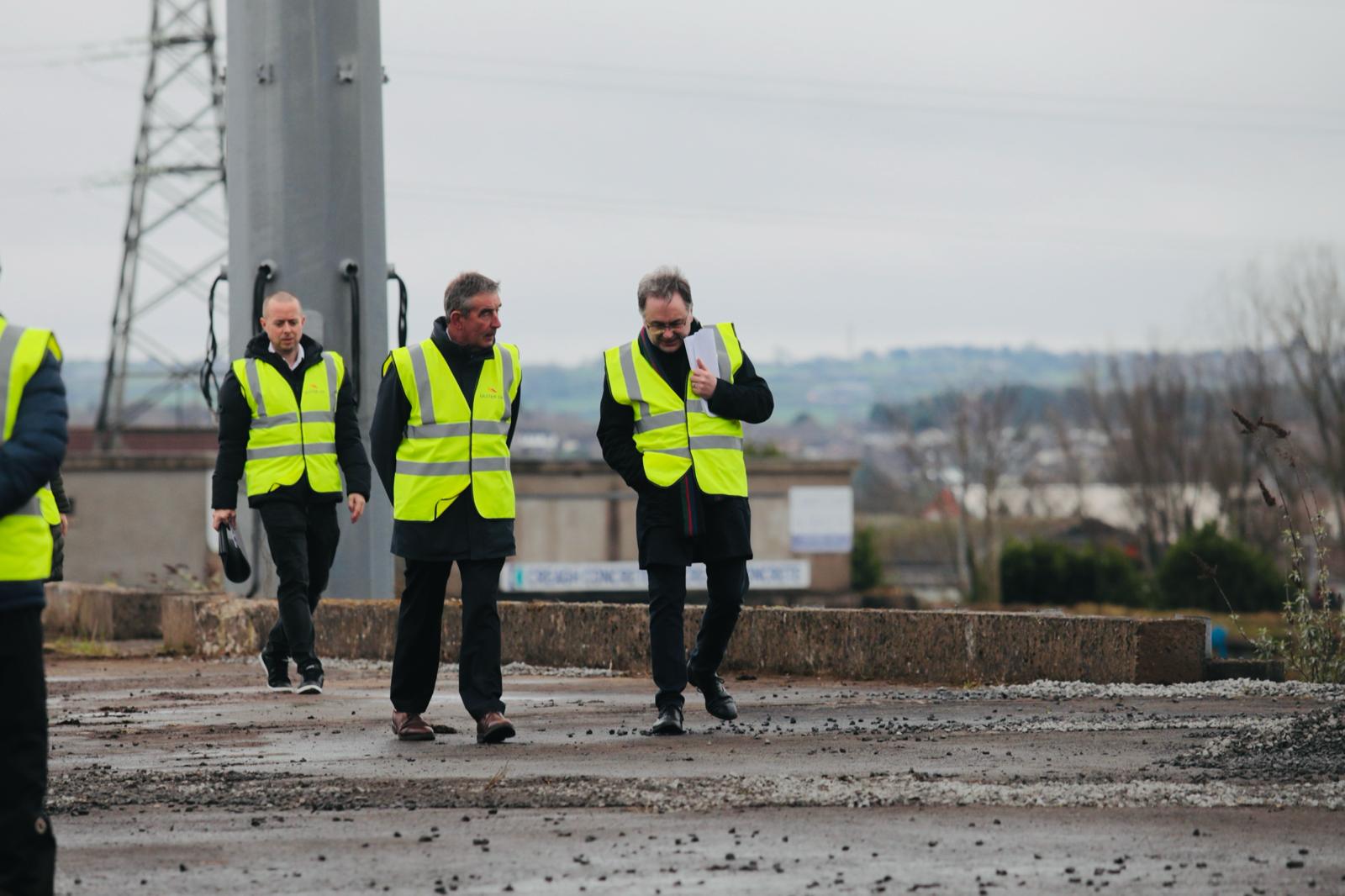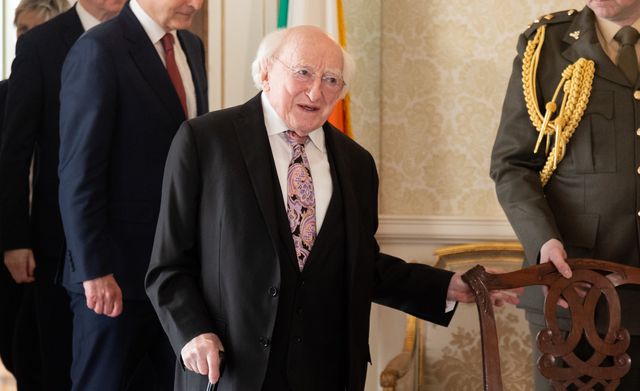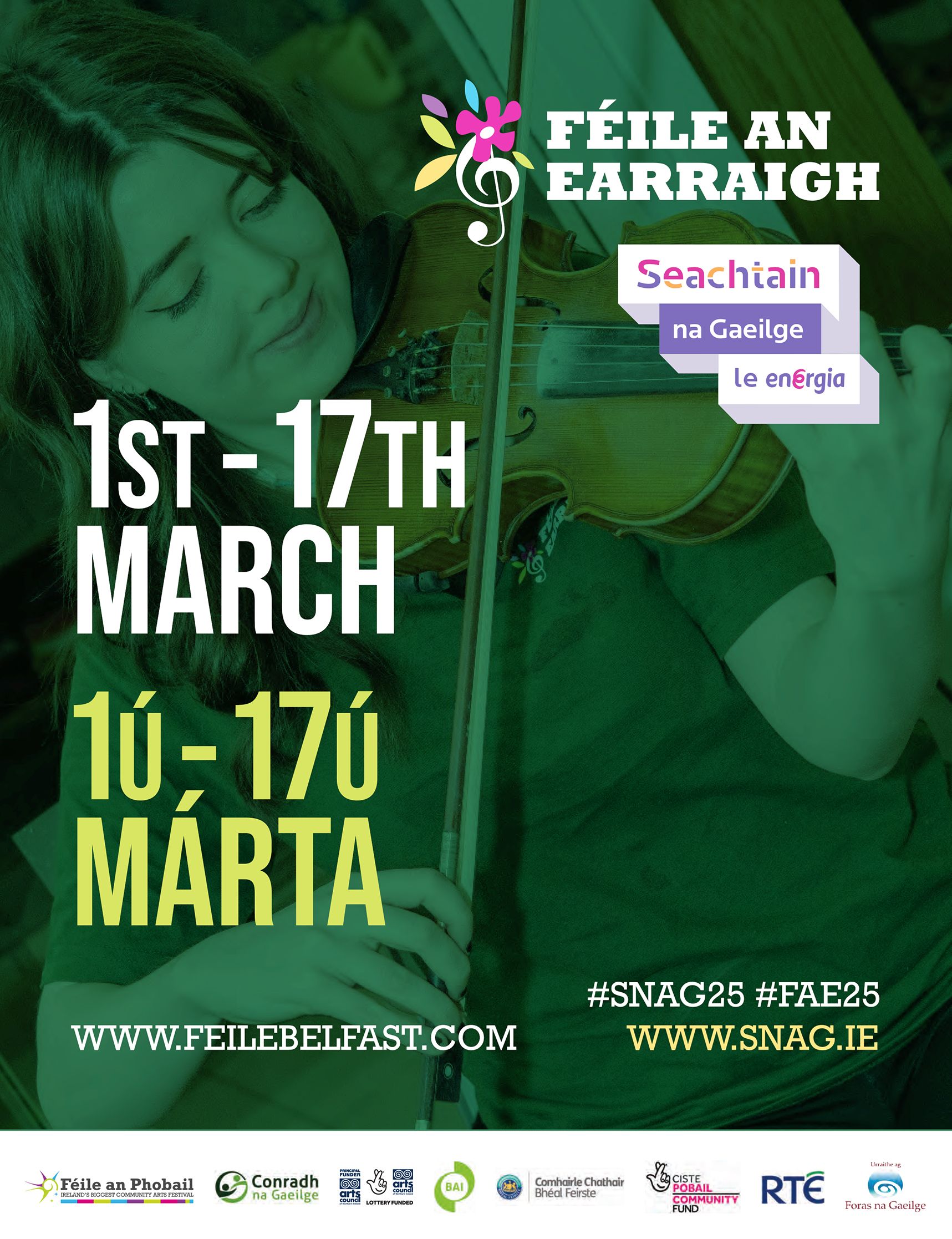THE revelation this week by a former BBC Controller and two noted BBC journalists that BBCNI hid the truth about the North in the 1960s has come at a curiously apt time.
That will come as no surprise to those of us old enough to have experienced the 1960s as adults – or who have gleaned some of its grim realities from parents or grandparents – that BBCNI was less than conscientious in its coverage of the appalling human and civil rights abuses perpetrated by a virtual one-party state. The temptation therefore might have been to shrug the shoulders and move on – but ironically, the current furore over Casement is proof positive that BBCNI continues to function from a unionist baseline, is pickled in unionist assumptions and too often takes its journalistic line from unionist orthodoxy.
Across a range of programmes and platforms BBCNI has been covering the Casement story in the wake of two significant events: The long-awaited beginning of preparatory work at the stadium, and the contribution of €50 million by the Irish government to the development. There is not a single person on this island who knows to any useful degree of certainty what the cost of Casement is going to be. Indeed, the disparity in the estimates relied on by BBCNI – the state-licensed broadcaster paid for by us – has been stark. Guesstimates vary grotesquely from programme to programme, with the lack of dependable base data proving no obstacle to lengthy bloviation by a range of presenters and all too familiar contributors on news, current affairs and phone-in programmes.
Coverage across BBCNI’s output commences from a simple unionist standpoint: That Casement is ‘controversial’. And with every new estimate, every new guest, every new argument, the BBCNI line becomes more embedded in the public consciousness.
This week's paper is on sale now and online at https://t.co/WTavq608iy #FRONTPAGE pic.twitter.com/R3Fx9h8Ef2
— Andersonstown News (@ATownNews) February 29, 2024
What really matters here is not how the largest media outlet portrays the Casement project, but how the DUP responds to new developments. Sir Jeffrey Donaldson’s statement pointing out that increased funding for Casement is being sought at a time of acute underfunding for essential services provoked a predictably negative reaction among a large section of the nationalist and republican community (a negative reaction, let it be said, informed by hard experience). But if we take a step back and look at the totality of the DUP position as Casement gathers pace, we see that while it ticks boxes in respect of the more hardline anti-GAA element of the party’s base, there is no significant heave against the project. And be assured, if the DUP was disposed to stop Casement in its tracks then we can be sure that we’d be detecting a much more robust, not to say aggressive, tone from Sinn Féin’s partner in government.
The truth is that just as the DUP’s Líofa decision contributed to a breakdown of the political institutions in 2017. Casement is a bellwether issue in terms of continued good government. Let’s hope the DUP see that.







